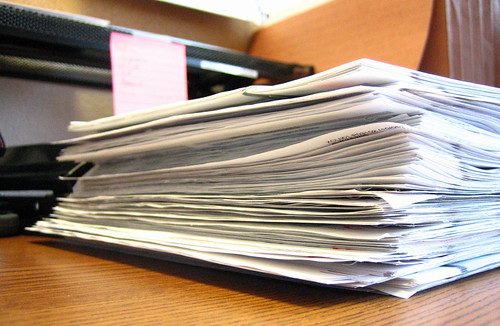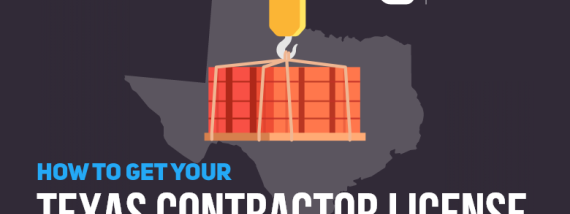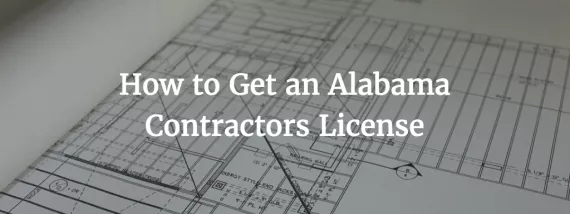What are utility bonds and when do you need them?
Energy generation is a very complicated process that requires a lot of operational expenses. That's why it's important for utility companies to receive their payments on time. Utility bonds are one way to make that happen. This article will take you through the basics of what utility bonds are and explain how you can obtain them.
Utility Bonds Definition
Utility bonds fall under a category of surety bonds called “commercial bonds”. All surety bonds are essentially a contract between a minimum of three parties – a principal, an obligee and a surety. The principal is the side that needs to post the bond. The obligee is the one being protected by the surety bond. Finally, the surety is a surety bonds company that underwrites surety bonds and thus guarantees that the principal will not breach the contractual agreement.
The same mechanism applies to utility bonds. A utility bond protects a utility company (the obligee) by making sure that a business or a home owner (the principal) will not delay payments of their utility bills. If there's a breach in the conditions of the bond, a claim can be filed and that makes both the principal and the surety responsible for covering all financial losses. The way it usually works is that, firstly, the surety pays for all incurred losses as soon as possible. Afterwards, the principal is obliged to pay it all back to the surety.
Getting a Utility Bond
Not everybody needs a utility bond. Sometimes it is required from businesses as a prerequisite to turn on their utilities. Other times, an individual with a history of late payments will also be required a utility bond before their services are restored. The best way to find out whether you will need a utility bond is by directly contacting the utility company you wish to be a client of.
The utility company will provide you with a utility bond form which will ask certain details about you and your business such as your credit score. Based on the information you provide, the company will give you the full amount of the utility bond you need to post.
Surety bonds are not like deposits, so you don't have to pay the full bond amount and have a huge amount of cash tied up. Instead, you pay a premium that is a certain percentage of the total cost of the bond. If you pay your bills regularly, you can expect to gradually see your premium decrease in price.
Utility Bonds and Bad Credit
Like all financial guаrantee bonds, utility bonds are also considered highly risky by surety bonds company. When underwriting a bond, sureties always assume a 0% loss ration and that's why they are often unwilling to issue utility bonds, especially considering the fact that people who usually need them have a history of late bill payments. A bad personal credit score additionally increases the risk, but that doesn't mean that high-risk applicants cannot get bonded.
It might take a higher premium (5% to 15% of the bond amount) and sometimes you'd be required to post a collateral, but you still have a chance of getting a utility bond even with poor credit. There are two exceptions. People with open bankruptcies and late child support payments cannot get bonded.
- Fast and Secure Application
- Nationwide Coverage
- Approval in Minutes
- Money Back Guarantee
Recommended Articles
- Fast and Secure Application
- Nationwide Coverage
- Approval in Minutes
- Money Back Guarantee
- Image

- Image

- Image

Lance Surety Bond Associates, Inc. is a surety bond agency based out of southeastern Pennsylvania that is able to write all surety bond types in all 50 states. We are dedicated to servicing all of our customers' surety bonding needs throughout the country and guarantee competitive rates, timely responses, and unparalleled customer service.









